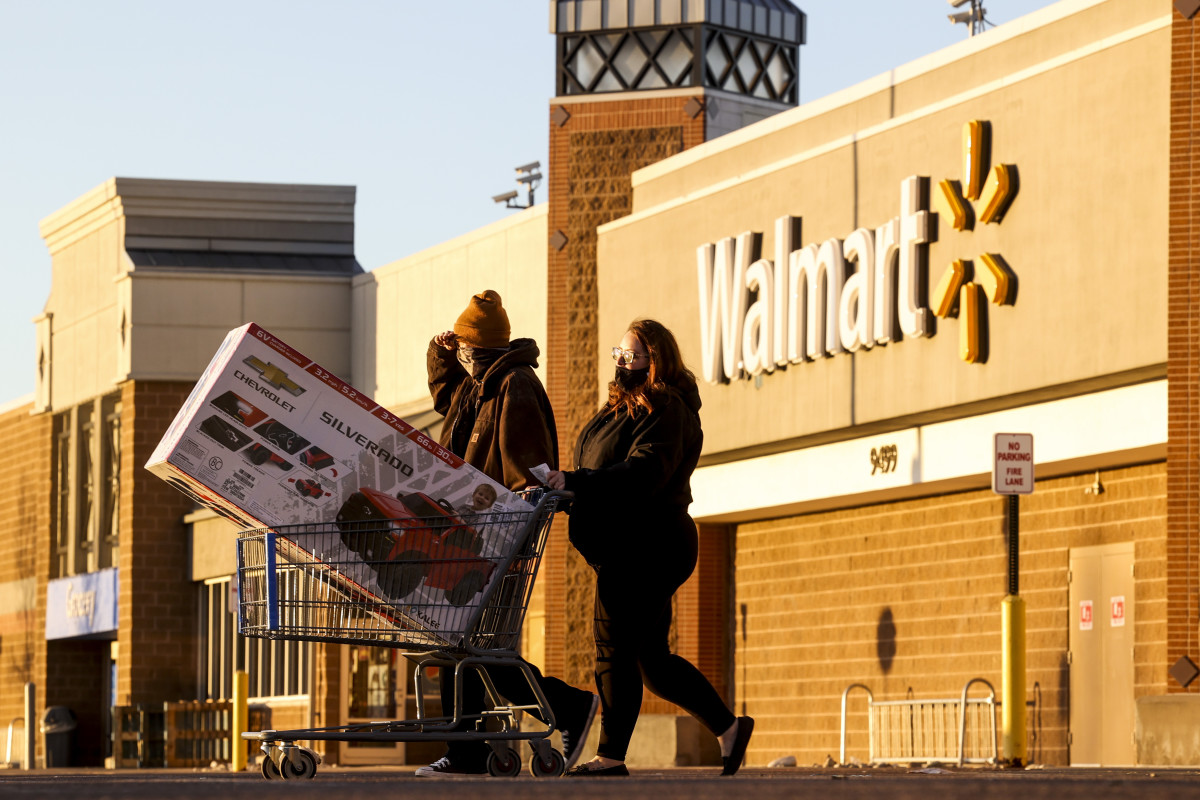
Despite persistent inflation and a high interest rate environment, the resilience of the U.S. consumer has been nothing short of surprising. The recent figures paint a compelling picture: Black Friday and Cyber Monday shattered shopping records, underscoring the enduring strength of consumers. Christine Short, VP of Research, Wall Street Horizon, joined TheStreet to discuss how the consumer is faring during the holiday shopping season.
Full Video Transcript Below:
J.D. DURKIN: I know you frequently get booked on business news to do appearances like this and talk about this stuff. What do you think we may be, miss? What do we get wrong or maybe mischaracterize or what do you maybe wish, I wish the streak kind of focused on X, Y, Z, part of the overall retail thing. Is there anything like that maybe you think we're not talking enough about?
CHRISTINE SHORT: No, I think it's all out there. I think one thing that we've all gotten a little bit wrong this year or myself personally as well is how resilient the consumer has been. I've been shocked every time. Right so I'm almost a little reticent to come on and say, oh, retail sales were terrible. And that's going to really impact the holiday shopping season because we've seen the U.S. consumer come back time and time again. And so that's why yes, there's a softening, but I also think there's relief coming.
You know, if you look at CME group's FedWatch tool, it's pricing in at least a 1% rate cut for 2024. So it hasn't come to fruition yet. We got to wait and see, but it does look like there's a possibility of a soft landing here for the economy. That's a great thing for consumers both on the inflation front and if interest rates come down, we could see borrowing lifted again in 2024. So again, I'm reticent to say for sure, but I think I've being a little harsh on the consumer this year and again and again surprised at how much they've shown up.
J.D. DURKIN: Absolutely I think one of the big questions facing a lot of these publicly traded companies is to what degree, if at all, will corporate profits be hurt by diminished consumer savings? Where's this money kind of coming from? Are they kind of dropping plastic in terms of their spend and how they're trying to take advantage of the season? You mentioned inflation. I think originally early in the pandemic, a couple of years ago, it was really heavily on the good side. Supply chain was kind of gunked up a bit. We've talked about gas prices and things like that. Are there other points of inflation that you think the consumer might feel the squeeze on for the holiday shopping season?
CHRISTINE SHORT: Yeah, I mean, just generally they're fatigued. We've seen them push past inflation because we had that government spending stimulus and so they were really living off of that. But like you said, as of late, savings have dipped, credit card delinquencies have increased. So at some point, you know, consumers are going to start making different decisions until they see relief. And I think we're starting to see that right as savings have dipped and they're starting to make choices that help their wallet a little more, whereas it wasn't so much of a consideration because they had this money that, you know, felt like maybe it wasn't theirs because it wasn't earned. And so they were willing to go out and spend it.
But if there's anything we can say about the U.S. consumer is that they do consume, you know, they keep consuming and it's 70% of U.S. GDP. That's why our economy has been so strong. Right? So people will consume. Also if we talk quickly about the strong labor market. So that's another thing that has helped fuel the consumer. No one's really been too worried about losing their jobs. It's been a very tight labor market. And I don't think that's changed. Yeah, there's been some big announcements. Let's say Citigroup this week, but overall, we've had a strong labor market to prop that up. So consumers aren't so much worried about losing their income. But I do think you see them taking a bit of a breather now and maybe if things continue in the inflation realm and if interest rates start to come down next year, you see a bit of a return of the consumer.







